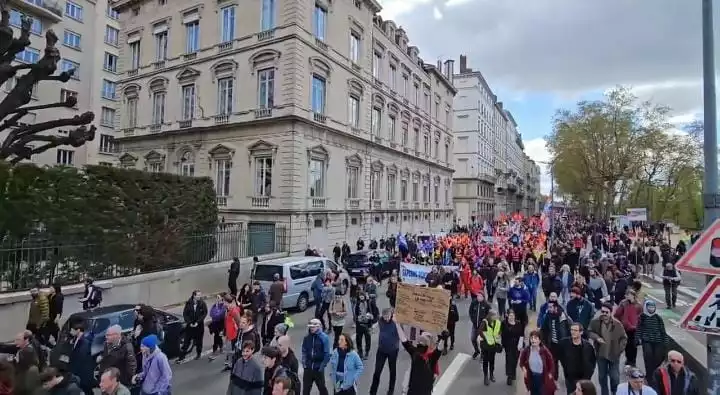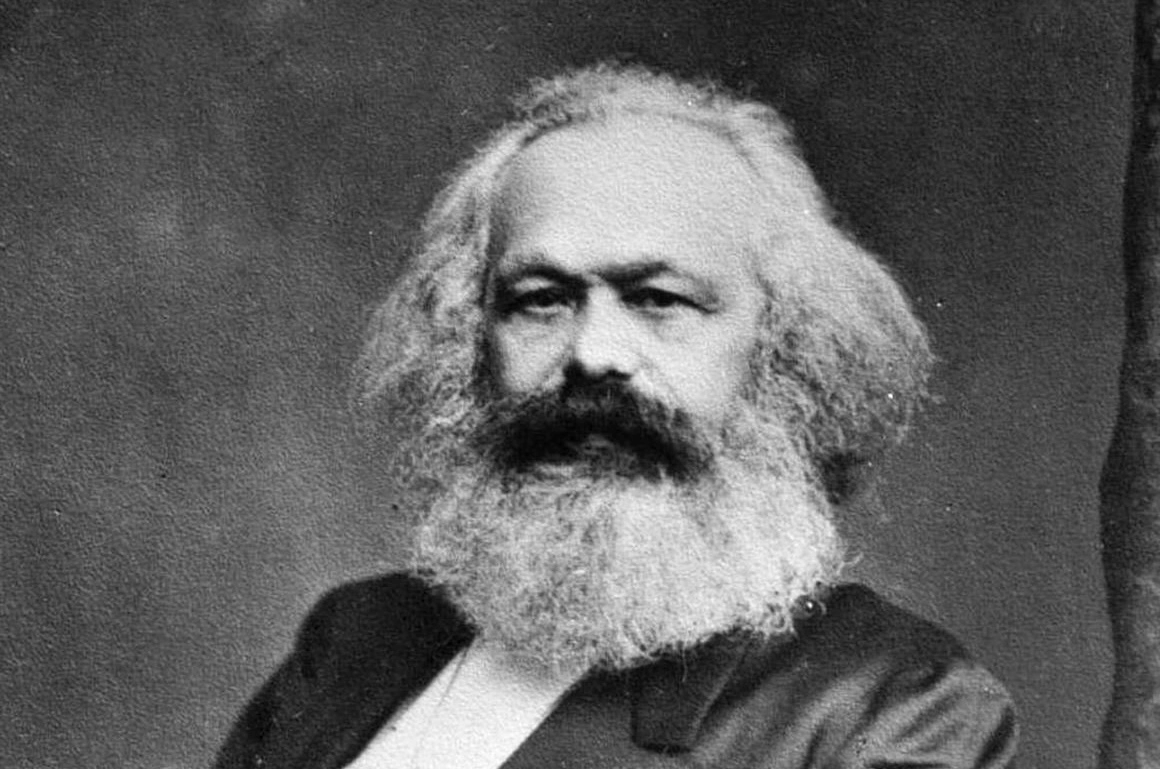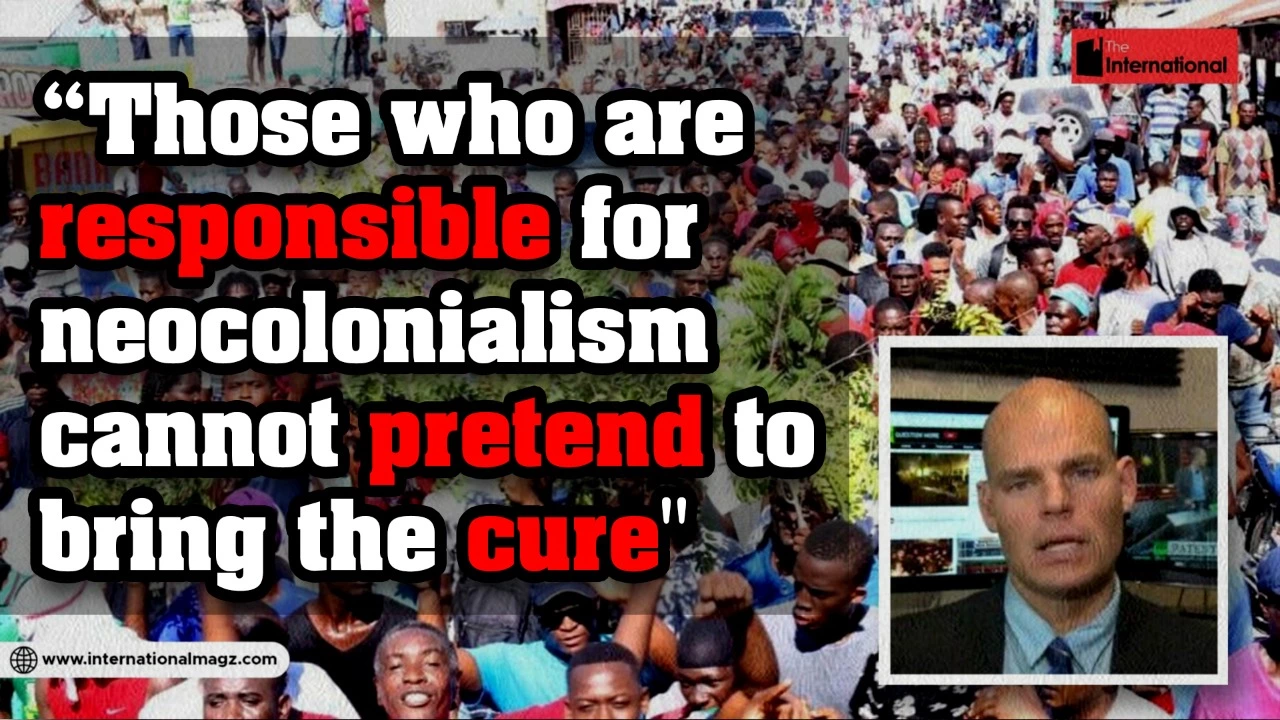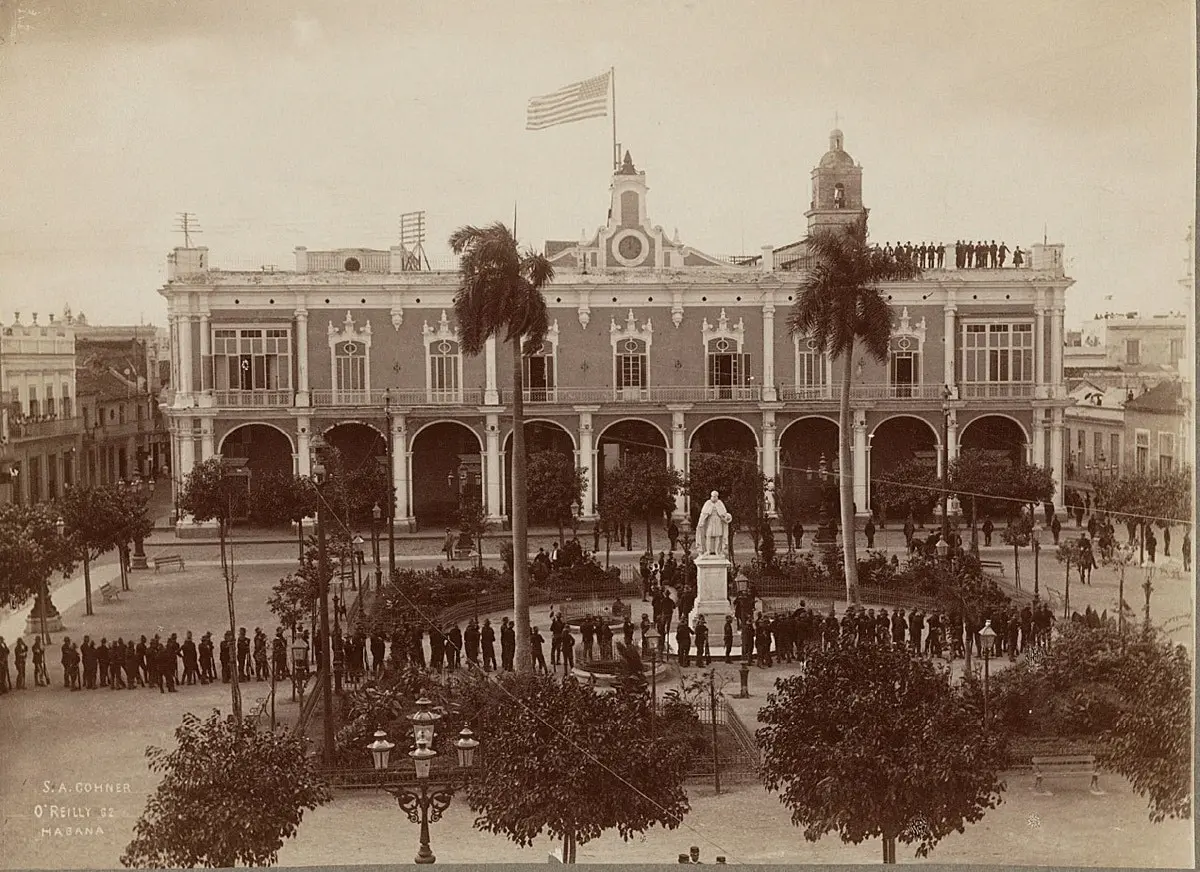On April 6th, nearly two million people took to the streets following the joint unions' call, as an overwhelming majority of the population remains opposed to the Macron government's reform of the retirement plan.
This was the eleventh call for a nation-wide day of protest and strikes in an ongoing movement that began formally on January 19th. This is the largest social movement France has seen in the last twenty years, with protests organized in most cities and between one and three million people in the streets every week.
The movement remains centered on repelling the reform of the retirement plan, its main aspect being pushing back the retirement date as well as increasing contribution time, without increasing pensions despite the rampant unemployment and inflation workers in France have been facing.
From the outset, the Macron government was bent on passing this law forcefully, no matter what the majority of people wants: not only did it force the National Assembly to rush debates, reducing them to only a couple of weeks, on March 16th, when Prime minister Borne realized she might not have the necessary majority to pass the law, she used the constitution to bypass the Assembly and enact the law without any vote. Unsurprisingly, following this announcement, as well as the failure by 9 votes of a motion of no confidence against the government, riots broke out, and the movement took a harsher turn in general, with more radical actions directed at disrupting the economy – targeting gas, electricity, fuel and transport companies in particular- as well as police cracking down harder on protesters.
In a TV speech, Macron compared the left wing parties, unions and protesters to Trumpists and fascists. A recent petition to ban the BRAV-M, a special motorized police unit infamous for its gratuitous violence, was censored before it could even get to the Assembly. People calling President Macron a «piece of trash» on social media are facing legal charges. The far-right also shows its true face, with fascist thugs attacking left-wing militants and trying to dislodge students occupying their university – making it clear they inevitably align with the interests of the capital.
It is not the first time this government has used such tools to pass unpopular laws by force, as did previous ones, but doing it in contempt of over 70 percent of people opposed to the reform is characteristic of the utter contempt this government – and the bourgeoisie behind it- has for the working class.
Despite the government's attempts at dividing and delegitimizing the movement and the unions leading it – with the CGT in front – the population massively supports the movement, and in the first few weeks of the movement, the CGT had an increase of ten thousand memberships. Such a social mobilization helps unions press on their own demands, and numerous act of solidarity toward striking workers have occurred: millions have been raised for online strike funds.
However, after eleven weeks of nation-wide strikes and struggle, the question arises : as the government shows no sign of compromise, what comes next ? Are they trying to push unions out of steam, forcing workers back to work when they cannot sustain strike actions anymore?

Through this reform and the mobilization against it, the Macron government has two aims. The first is breaking down the solidarity system that is the core of our retirement plan.
Indeed, our social security system was built in 1945 by Minister of Labor, Communist Party member and former CGT Metalworkers union leader Ambroise Croizat, with the help of the CGT throughout France to implement it. This social security system is based on workers' solidarity, and the initial project of retirement plan bore the signs of communist aspirations: turning retirement from «the antechamber of death» into «a new step of life».
Obviously, every following government since then did its part in dismantling and tearing down this solidarity plan, lowering contributions and breaking down funds, with efficiency and profitability as the excuse for forcing the working class to work longer and longer.
The profit opportunities offered to the bourgeoisie by doing away with our social security and retirement plan are obvious. But there might be a second motive to how Macron and his government behave at the moment : showing the people that contestation is useless, and that democracy is effectively subjected to the needs of the market.
The government's shameless contempt towards the working class is one of the reason so many people join protests and support the movement: in a period of aggravating inflation for the workers and massive profits for the bourgeoisie, the hypocrisy is unbearable. The obvious de-legitimization and scare tactics used by the media fool no one.
It is impossible not to see the people's desire for change, their need of rupture with capitalism and wish of dignity. But the one thing lacking in this movement is clear political direction : that is not the union's role, yet the various left wing parties fail to unite clearly beyond rejecting the reform. There is a potential in this movement for building working class unity beyond “economistic” demands, but it has yet to be achieved.
The priority, however, is to keep strong to defend the interests of our class, and deny Macron his victory.
Picture Credit: Bismuth Back






